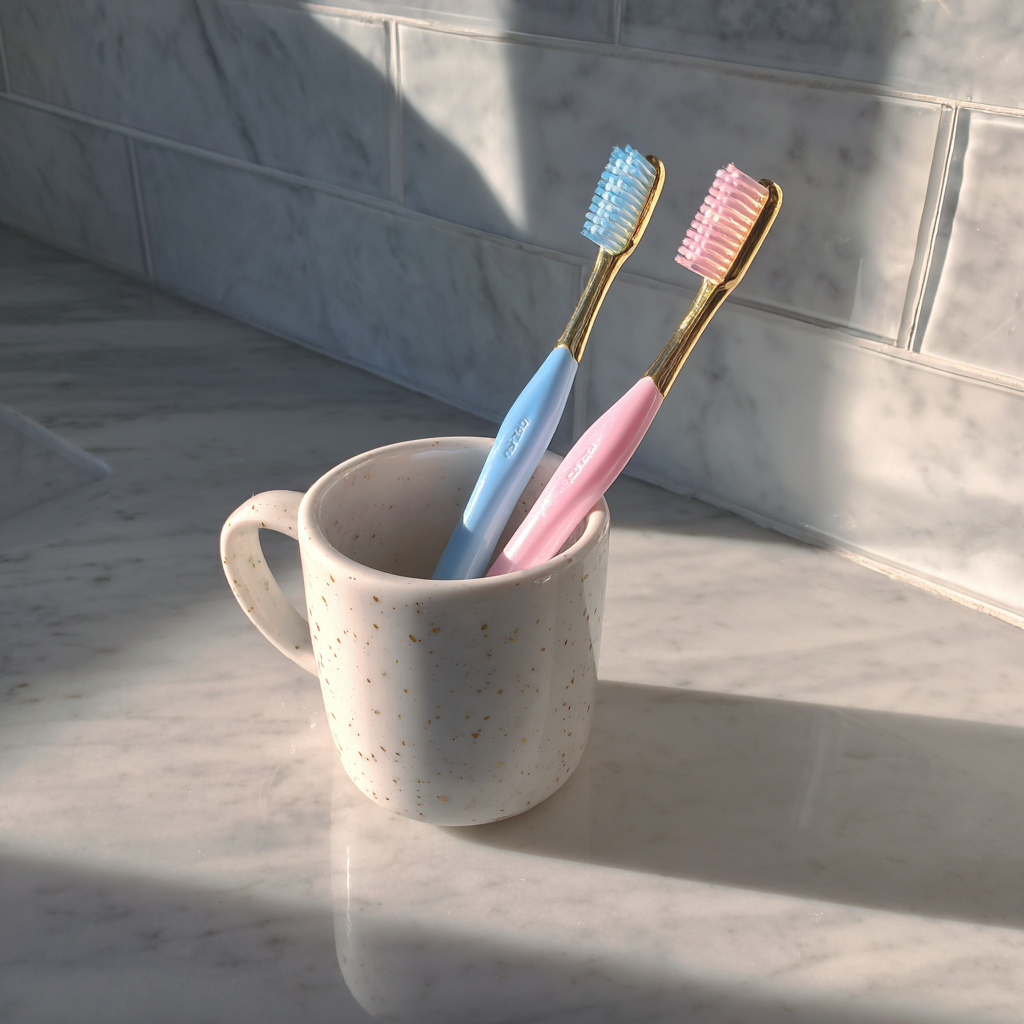
It started with the best intentions, didn’t it? Every parenting book, every wise elder, every whisper of my own heart told me the same thing: raise him to be strong, to be self-sufficient. Don’t hover. Don’t coddle. Teach him to stand on his own two feet, because the world won’t always be there to catch him. And I believed it, deep in my soul. I was going to be that parent. The one who nurtured a resilient spirit.
From an early age, I encouraged him to make his own choices. What color shirt do you want? Which toy first? Small things, building blocks. When he started school, I told him, “You’ve got this.” I’d watch him walk away, backpack almost bigger than he was, a little ripple of pride expanding in my chest. Look at him go. My brave boy. When he struggled with homework, I’d offer guidance, not solutions. “Think it through,” I’d say, “you’re smart. You’ll figure it out.” And he always did. Always. He’d beam with accomplishment, and I’d feel a glow of success. I was building his confidence, his independence.
As he grew older, the challenges got bigger, and so did his ability to tackle them. He learned to manage his own schedule, to talk to his teachers directly, to navigate friendships without me micromanaging every interaction. He’s really getting it, I’d think. He’s becoming his own person. Sometimes, other parents would look at me, a little wide-eyed, when I’d say he walked home alone, or that he decided his own extracurriculars. “Aren’t you worried?” they’d ask. “Not at all,” I’d confidently reply. “He needs to learn. I trust him.” And I truly did. That trust was the bedrock of our relationship, or so I thought.

A smiling man at a party | Source: MidjourneyHe started spending more time at a friend’s house after school. I asked once or twice, casually, what they were up to. “Just hanging out,” he’d shrug, already halfway out the door. My heart would ache a tiny bit, a maternal tug of I miss him, but I’d squash it down. This is good. This is what independence looks like. He’s building his social circle. I saw it as a triumph. My son, thriving, needing me less, just as I’d intended. He’s maturing.
Then, a shift. Subtle at first. He started staying out later. Missing calls. His answers became even more vague, almost dismissive. “Everything alright?” I’d ask, trying to keep my voice light, not wanting to sound intrusive. “Yeah, fine,” he’d mumble, eyes already on his phone. There was a distance, a new quietness in him. His room became a fortress. Teenage angst, I rationalized. He needs his space. He’s pulling away, just like all teenagers do. It’s a sign of a healthy separation. I actually told myself that. I believed that giving him space, trusting him implicitly, was the highest form of love I could offer. I was so proud of how little I interfered. I was practically applauding my own restraint.
But the red flags, looking back, were practically waving like banners. He started losing weight. His eyes often looked tired, shadowed. His grades, once a source of pride, started to slip. Not dramatically, not enough to trigger an alarm from the school, but enough for me to notice. Stress, maybe? He’s probably just focusing on his friends right now. It’s a phase. I’d buy extra groceries, leave encouraging notes, and always, always emphasize his strength. “You’re so capable,” I’d tell him. “You can handle anything.” I thought I was empowering him. I thought I was reminding him of the resilience I’d so carefully cultivated.
One evening, he didn’t come home. Not just late, but completely gone. Panic, cold and sharp, finally pierced through my carefully constructed shield of trust and independence. I called his phone. Straight to voicemail. I called his friend’s house. No answer. I drove around, frantically, my stomach churning with dread. Every minute that ticked by felt like an hour. My mind raced, replaying every distant look, every vague answer. WHERE IS HE? WHAT HAVE I DONE? The independence I’d so lovingly fostered suddenly felt like a gaping, terrifying chasm.

Toothbrushes on a bathroom counter | Source: Midjourney
Hours later, the police came. Not with him. Never with him. They came with news. News that shattered my world into a million irreparable pieces. They’d found him. Not at a friend’s house, not just “hanging out.”
He was found in an abandoned building, miles away, alone.
He’d been trying to escape. From what, they couldn’t tell me immediately, but there were signs. Signs of something truly awful he’d been dealing with, for months, in secret. Something that involved people who had taken advantage of his quiet nature, his desire to prove himself, and his fierce belief that he always had to handle things on his own.
They pieced together a story from the few belongings they found, from blurry CCTV footage, from a witness who saw him being coerced. He’d gotten involved with a group, not friends, but something much darker. He’d been trying to break free. He’d been trying to resolve a serious, dangerous problem, entirely by himself. He hadn’t called me. Not once. He hadn’t reached out to a teacher, a grandparent, no one.
Because that’s what I’d taught him, isn’t it? That he was capable. That he was strong. That he could handle anything. That he shouldn’t burden me with his problems, but figure them out on his own. I’d seen his secrecy as maturity, his distance as a healthy separation.
But it wasn’t independence.
It was isolation.
And in that isolation, in that quiet, self-reliant space I’d so carefully curated for him, he got lost. He became vulnerable to the predators who look for the children who seem to have no one watching them too closely. The children who are encouraged to be too independent.
He died alone. Trying to be the strong, independent boy I’d told him to be. And my heart, my broken, shattered heart, knows this one terrifying, undeniable truth: My greatest success as a parent became the very thing that cost me my son. I taught him to fly, but I forgot to teach him that sometimes, it’s okay to ask for a net. Sometimes, it’s okay to just fall back into your mother’s arms. And now, he’s gone. And I’m left with the horrifying knowledge that I didn’t just help him grow. I pushed him away, right into the dark.

A smiling young woman | Source: Midjourney


